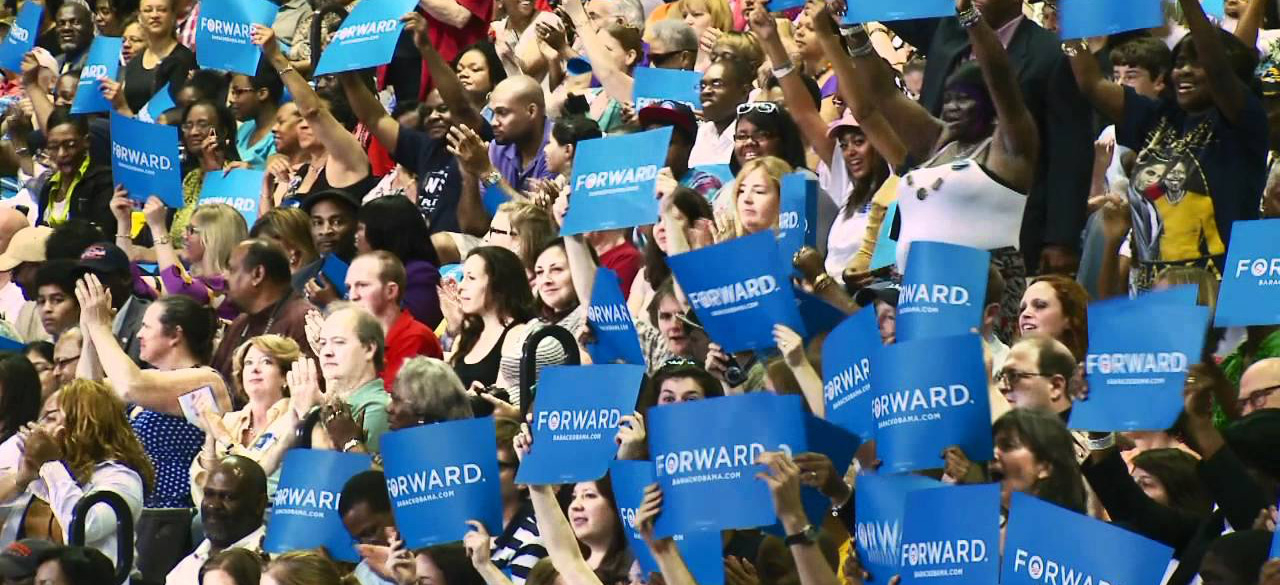People Power Makes the Difference in Political Fundraising

Why do Democrats continue to have more success than Republicans when it comes to online fundraising? The answer may lie in the way campaigns engage volunteers. Hahrie Han, Associate Professor of Political Science, recently spoke with The UpShot, a New York Times blog, for a story exploring this topic.
Han is co-author of the recently released book Groundbreakers: How Obama's 2.2 Million Volunteers Transformed Campaigning in America (Oxford Univ. Press 2014). Han and her co-author, Elizabeth McKenna of Berkeley, studied President Barack Obama’s first presidential campaign. Their book makes the case that the Obama campaign altered traditional ground games by adopting the principles and practices of community organizing.
“Any presidential campaign in 2016 seeking to generate the kind of activism that the Obama campaign did will have to create the kind of relational context that the Obama campaign was able to create,” Han told The UpShot. “Because it is through those relationships that people become transformed in their ability and willingness to be active for the campaign.”
Obama for America (OFA) recruited, motivated, developed, and managed some 2.2 million volunteers. Unlike previous field campaigns that drew their power from staff, consultants, and paid canvassers, the Obama campaign's capacity came from unpaid local citizens who took responsibility for organizing their own neighborhoods months, even years, in advance of election day.
Jeremy Bird, who served as national field director for OFA, was quoted in Groundbreakers as saying, “The real story of the campaign is not in the numbers,” but in the “millions volunteers who saw their power and became real leaders.”
The book, which recently reached number one on Amazon.com’s list of top election books, has started to attract the attention of political strategists who are thinking ahead to the next election. Among them is Patrick Ruffini, a Republican digital consultant (who was also quoted in The UpShot story). Between January 24 and February 4, Ruffini live tweeted passages of the book, calling it a “must read for 2016.”
Hahrie Han is also the author of How Organizations Develop Activists: Civic Associations and Leadership in the 21st Century (Oxford University Press 2014). She studies the field of American politics, focusing particularly on the role that civic associations play in mobilizing participation in politics and policy advocacy.
